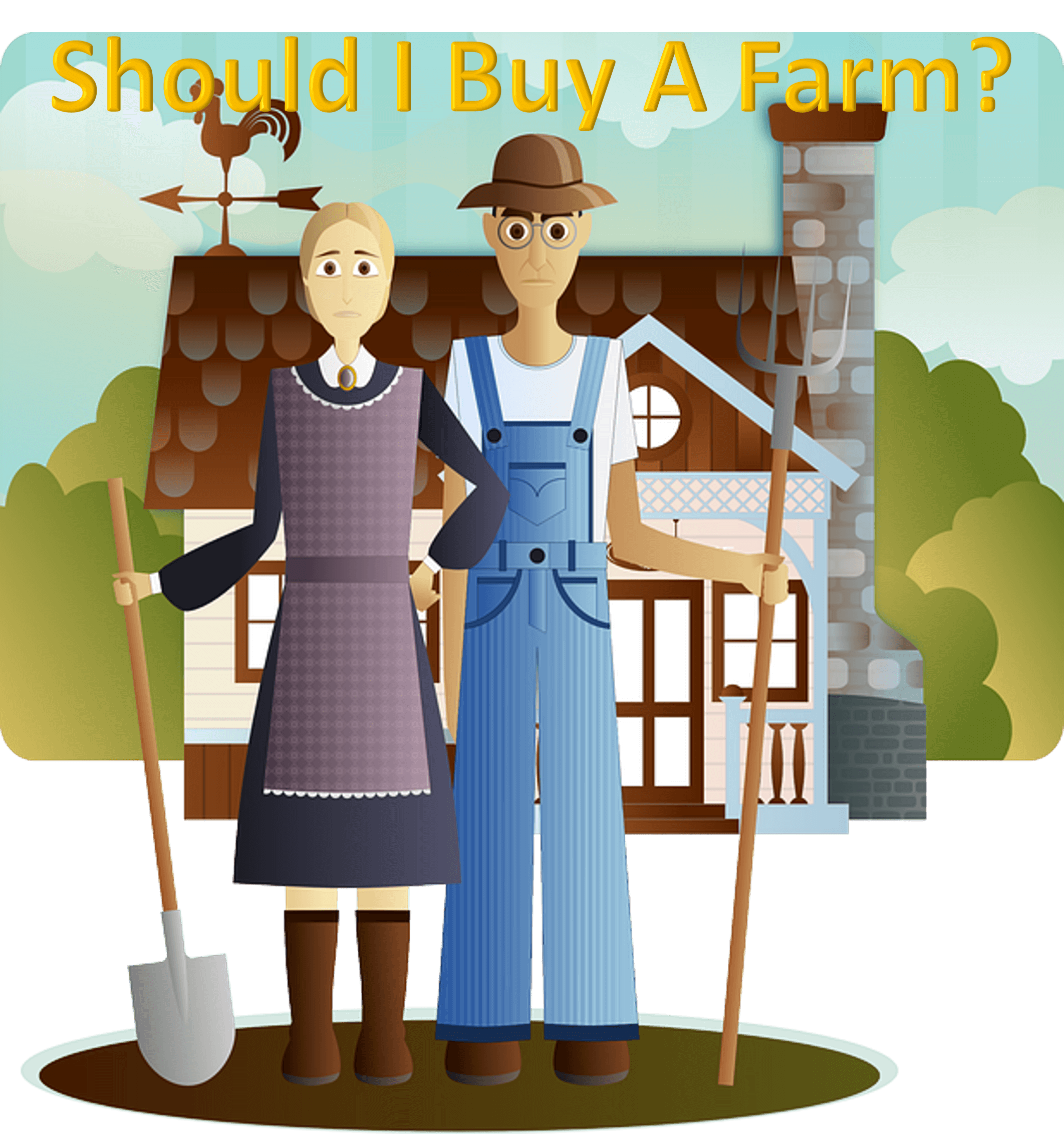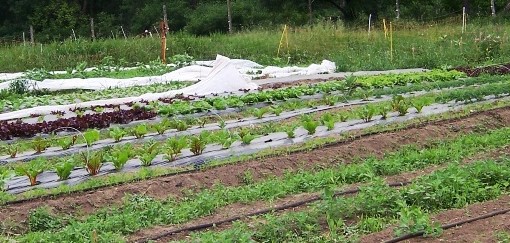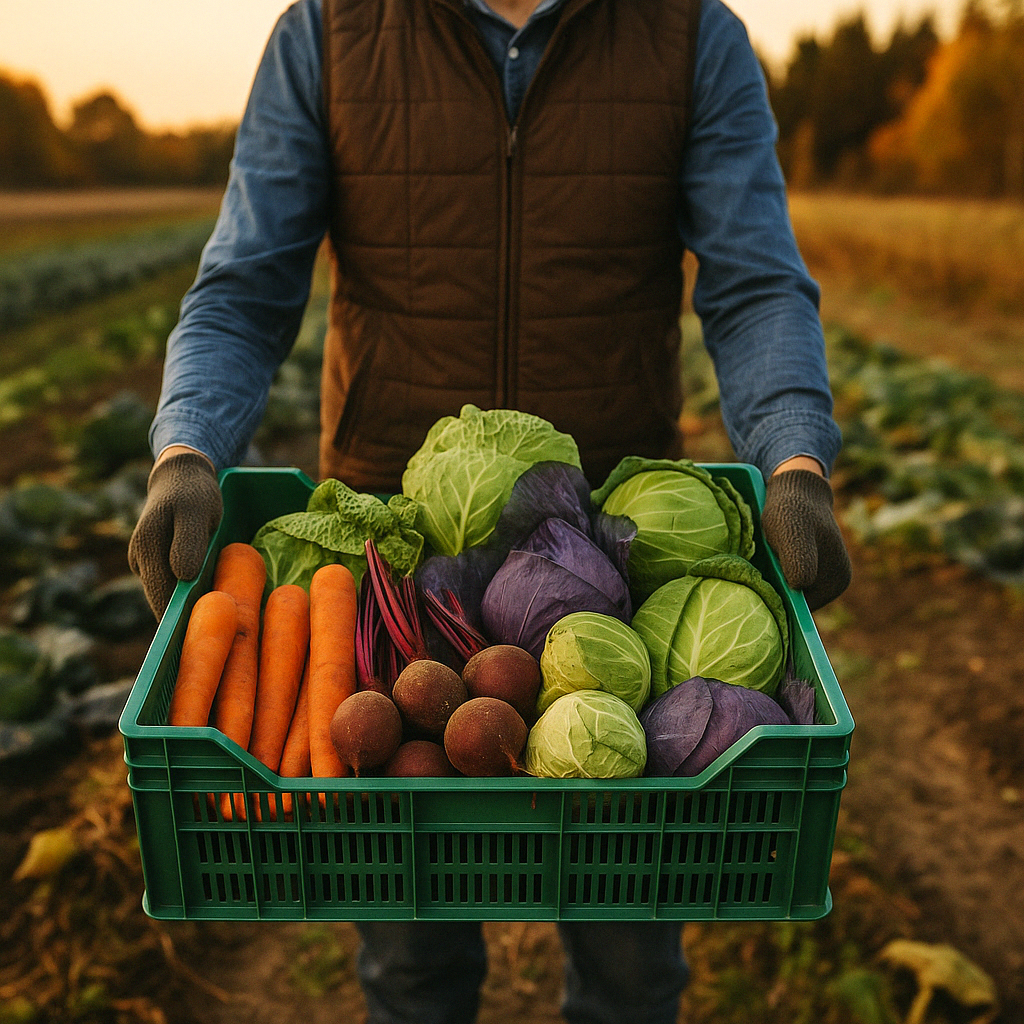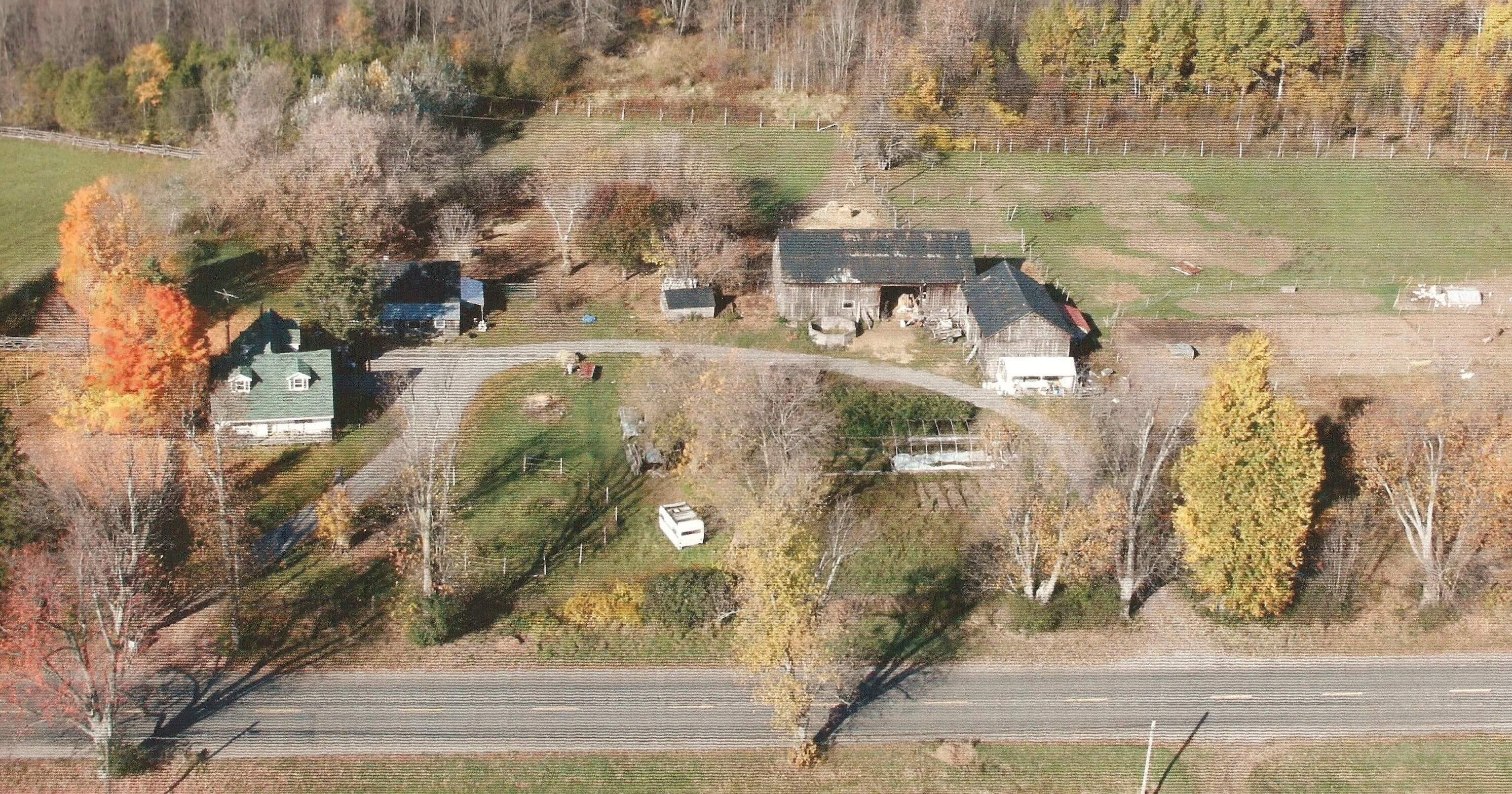Should I Buy a Farm?
I’ve written a couple times on the topic of ‘HOW to buy a
farm’, with lots of practical info about the factors that need to be evaluated
e.g. location relative to a market, zoning restrictions, and evaluating the property
and chattels. You can read about that here.
But before the ‘How’ you need to answer the question ‘Should I buy a farm’? Buying a farm is not just a financial investment; it requires a commitment of your life energy and brains and motivation to succeed.
Understand that farming, especially as a ‘solo-preneur’ or farming couple, will have an impact on just about every aspect of your life. Your day-to-day routine and other personal commitments will have to adapt to this reality.
In this article I want to share some of the ramifications the decision to buy a farm.
 Stressed out about buying a farm? Read on!
Stressed out about buying a farm? Read on!Should I Buy a Farm - The Obvious Stuff
A couple points that might seem obvious but nevertheless must be considered before you commit to buying a farm.
The most important consideration – your goals. Before embarking on the adventure of buying a farm, you need to have a clear understanding of your objectives and long-term goals in agriculture.
Consider what you hope to achieve as a farmer, whether it's sustainable food production, a profitable business venture, or a desire to connect with nature and live a self-sufficient lifestyle.
It’s possible all those are motivating factors of course. But you need to drill it down. Are you looking for a small-scale solo operation or to eventually building a larger-scale enterprise with a team of farm helpers? Are you interested in diversifying your farm products or focusing on a specific niche market? Are you passionate about growing organic produce? Do you envision raising livestock and contributing to the local food system?
it's important to consider your long-term goals as a farmer. Having a vision for the future will help you make informed decisions when it comes to farm size, location, and the types of crops or livestock you choose to produce.
Next, consider your capabilities. Farming often involves long and physically demanding hours. Suzie and I were both over 40 when we decided to buy our farm property, but we were healthy and reasonably active. We were physically capable of putting in the hours necessary to maintain a productive 1-acre garden and look after our livestock.
If you have physical limitations, farming is not impossible e.g. you could hire help – but the challenge will be greater.
And, be realistic about the amount of time and effort you can dedicate to farm work. Consider your current commitments, such as a full-time job or other obligations, and determine if you have the flexibility to accommodate the demands of farming.
Running a small farm is an every-day, sometimes all-day endeavour. There is NO option to NOT do the chores if animals are depending on you.
I was lucky in that my ‘day job’ of consulting allowed me a lot of flexibility. As long as I delivered what my clients needed, I was mostly free to fit that work around farming.
If you have thought through these first three
points, you should have some picture of how your farm will operate. So next you need to consider 'How will I acquire the needed skills'?
Should I Buy a Farm - The Learning Curve
Here's the thing about running a small farm; there are about a thousand points of knowledge needed, and (unless you grew up in a farming family), you don't even know what you don't know! (I speak from experience here).
So it's critical to assess your existing knowledge and skills in agriculture. Understanding your strengths and weaknesses will help you identify areas where you may need to acquire additional expertise or seek support from experienced professionals.
Depending on your plans for your farm, you will need to know about crop cultivation, livestock management, soil health, pest and disease control, and other fundamental aspects of farming. Your assessment will help you identify any knowledge gaps that need to be filled through further education or research.
You can learn a lot 'on the job' so to speak. Reading and research are essential but only take you so far. If you get the opportunity to gain hands-on experience through internships, work on farms, or volunteering in agricultural settings, jump at the chance. Familiarity with the day-to-day operations involved in running a farm is priceless.
There are some great courses available that provide invaluable guidance like the Organic Vegetable Farm Manager Apprenticeship Program
In my books about farming I always suggest starting small, feed yourself first, and allow for that learning curve. That's the lower-risk way to learn on the job.
 Our farm did not look like this when we bought it
Our farm did not look like this when we bought itShould I Buy a Farm - The Less-Obvious Stuff
In my book Bootstrap Market Gardening I lay out the process for launching a successful market garden business. It starts with planning, then marketing, then putting management systems in place, and finally production - actually growing the crops you plan to sell.
So as a solo-preneur on your small farm you will be wearing a LOT of hats. You are the Chief Financial Officer, making sure than cash flow can cover your operating expenses.
You are Vice-President of Marketing, finding outlets to profitably sell your ware, and dealing with customer issues.
You are the Operations Manager, making sure farm work gets done when it needs to.
You are the Chief Informatics Officer, maintaining your web presence and IT infrastructure.
So be prepared tp spend a LOT of time NOT working in the fields. There will be much administrivia to deal with, and you are where the buck stops. 'Should I buy a farm' really means Should I Buy a farm BUSINESS', and businesses need a lot of support.
We Need More Small Farmers...
Don't let any of the preceding discourage you. This page is just meant to give you a realistic idea of the challenges ahead should you decide to buy a farm.
Remember that no factor counts more than applying your brains and motivatation to succeed. As a forty-plus couple of 'city folk' Suzie and I pulled it off.
If you want some in-depth guidance on building a real Success Plan for your small farm, check out my Bootstrap Boot Camp course. Since about 2010 it's been my mission to help grow more growers. I wrote this course to help you answer all the questions raised here and get your farm career launched on the right foot.
Recent Articles
-
A 52 week harvst to stretch and your income
Apr 16, 25 07:48 AM
A step by step approach to build a 52 week harvest plan for more yield and more income -
Backyard Garden Profits your key to a successful small market garden
Apr 06, 25 05:38 AM
I wrote Backyard Garden Profits for the small grower who wants to launch a successful side hustle gardening for money. Practical actionable advice small-scale growers who want to earn more, waste less… -
Homesteader Book Bundle only from New Terra Farm
Apr 01, 25 04:58 PM
If you have a hankerin' for country living, my best value Homesteader Book Bundle is a great resouirce.


